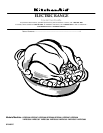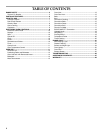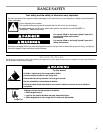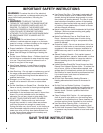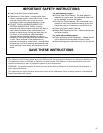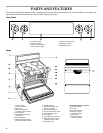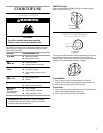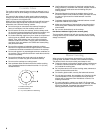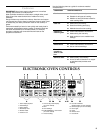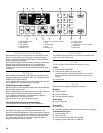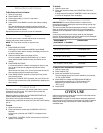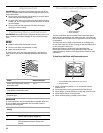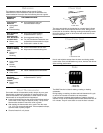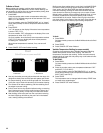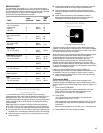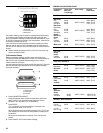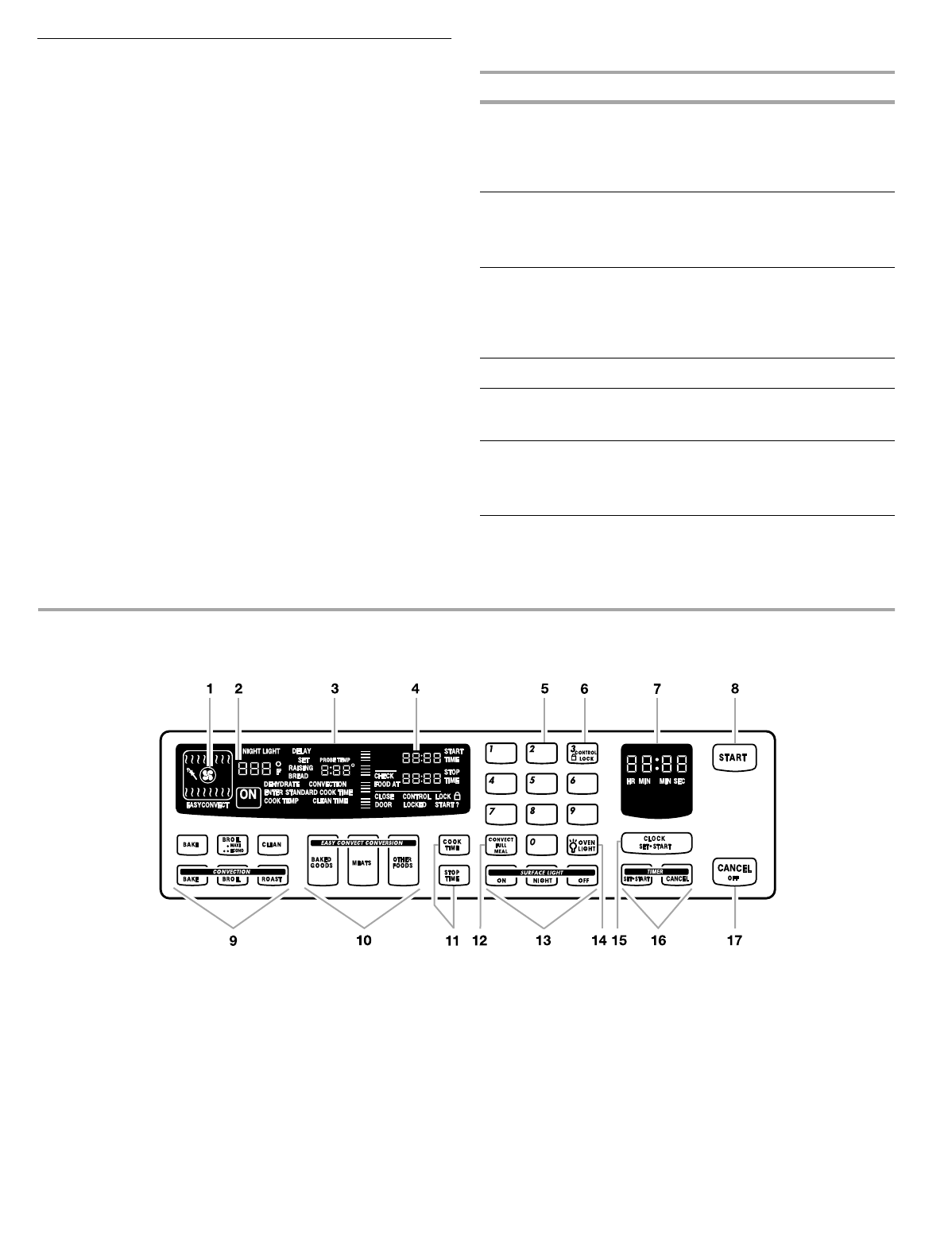
9
Cookware
IMPORTANT:
Never leave empty cookware on a hot surface
cooking area, element or surface burner.
Ideal cookware should have a flat bottom, straight sides, a well-
fitting lid and the material should be of medium-to-heavy
thickness.
Rough finishes may scratch the cooktop. Aluminum and copper
may be used as a core or base in cookware. However, when used
as a base they can leave permanent marks on the cooktop or
grates.
Cookware material is a factor in how quickly and evenly heat is
transferred, which affects cooking results. A nonstick finish has
the same characteristics as its base material. For example,
aluminum cookware with a nonstick finish will take on the
properties of aluminum.
Use the following chart as a guide for cookware material
characteristics.
ELECTRONIC OVEN CONTROLS
COOKWARE CHARACTERISTICS
Aluminum
■
Heats quickly and evenly.
■
Suitable for all types of cooking.
■
Medium or heavy thickness is best for
most cooking tasks.
Cast iron
■
Heats slowly and evenly.
■
Good for browning and frying.
■
Maintains heat for slow cooking.
Ceramic or
Ceramic glass
■
Follow manufacturer’s instructions.
■
Heats slowly, but unevenly.
■
Ideal results on low to medium heat
settings.
Copper
■
Heats very quickly and evenly.
Earthenware
■
Follow manufacturer’s instructions.
■
Use on low heat settings.
Porcelain
enamel-on-
steel or cast
iron
■
See stainless steel or cast iron.
Stainless steel
■
Heats quickly, but unevenly.
■
A core or base of aluminum or copper
on stainless steel provides even
heating.
1. Oven Display Symbol
2. Heat Settings
3. Oven Display
4. Start/Stop Time
5. Number Pads
6. Control Lock
7. Time of Day/Timer Display
(on some models)
8. Start
9. Oven Settings
10. EASYCONVECT™ Conversion
(on some models)
11. Timed Cooking
12. Convect Full Meal
(Surface Light on some models)
13. Surface Light (on some models)
14. Oven Light
15. Clock
16. Minute Timer
17. Cancel Off



